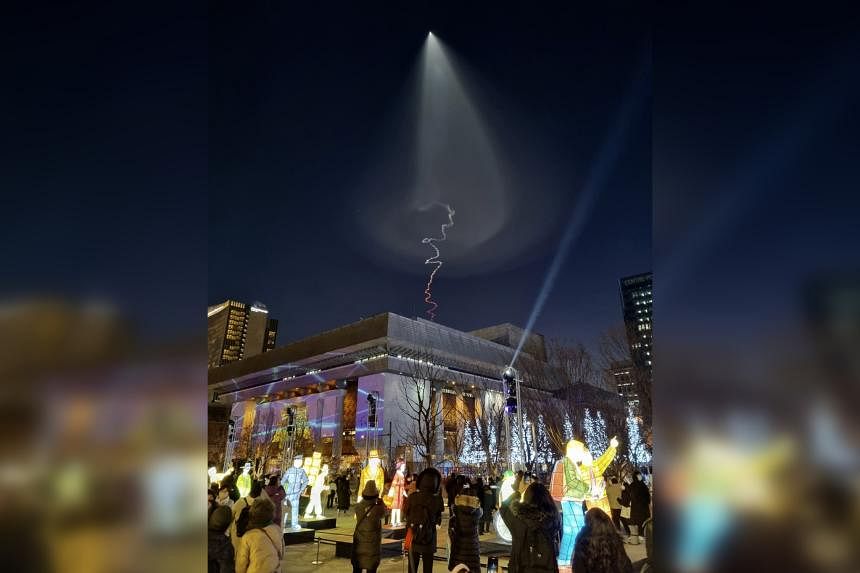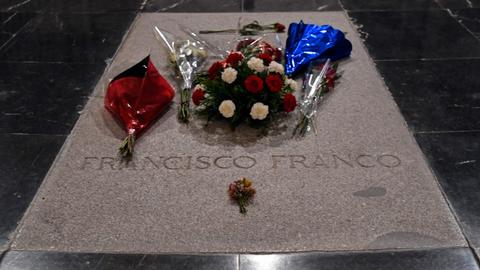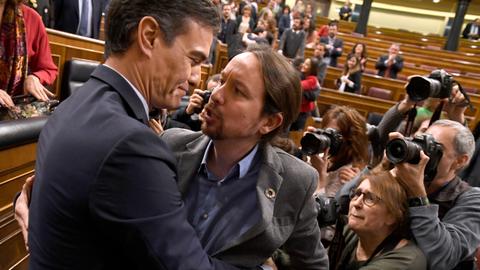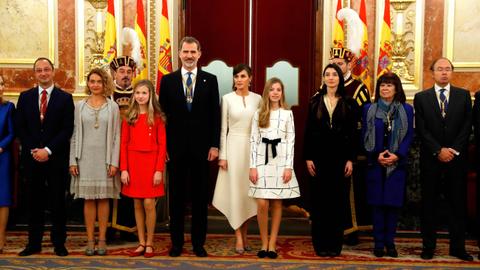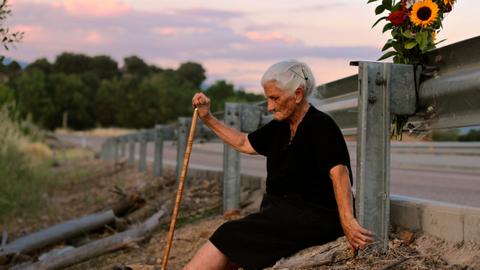Sonexay Siphandone is chosen to be the Southeast Asian nation’s new premier.
By RFA Lao
2022.12.30

Credit: AFP
Lao Prime Minister Phankham Viphavanh resigned on Friday for health reasons, retiring after serving in the position for less than two years amid a tanking economy, with soaring inflation and a sharp drop in the value of the currency, the kip.
Viphavanh, 72, submitted his resignation to the National Assembly earlier in the day. He took office in April 2021 following a general election.
“In the current situation, our country is experiencing a lot of hardships. I’m not able to do this difficult job any further,” he said in a speech at the Lao National Assembly. He said he submitted his resignation to the president on Dec. 15, and the president granted his request.
The leadership change comes as the government tries to temper inflation that has reached nearly 40 percent, with people complaining that the price of some basic necessities have nearly doubled.
About 500,000 people, or 21% of the workforce, are unemployed due to the economic downtown and coronavirus pandemic, according to the Ministry of Labor and Social Welfare.
Minutes after Viphavahn’s speech, lawmakers of the country’s one-party government voted overwhelmingly for Deputy Prime Minister Sonexay Siphandone to be the Southeast Asian nation’s new premier.
President Thongloun Sisoulith, who is also general secretary of the Lao People's Revolutionary Party, has been the country’s president since March 2021.
In his acceptance speech, Siphandone, 56, said he was honored and very proud to be elected prime minister. He is the Soviet-educated son of Khamtai Siphandone, 92, a former president of Laos.
The country’s constitution permits prime ministers to hold up to two five-year terms.

Viphavanh’s resignation comes amid criticism that he granted too many concessions for mining exploitation, especially in the northern provinces of Xieng Khouang and Xaysomboun, a source with knowledge of the political scene said. When taxes from the operations failed to go into the state budget, the country’s debt jumped.
Viphavanh also failed to make headway cracking down on rampant corruption, the source said.
The president of the State Audit Organization reported to parliament last week that 141 billion kip, or about U.S.$9 million, of tax revenue did not go into the state budget and that more than 1,430 companies, most of them Chinese, had not paid taxes to the Lao government for more than a year.
Finance Minister Bounchom Oubonpaseuth also told lawmakers that at least 53 employees from his ministry had been disciplined or fired for corruption in 2022.
Some Lao citizens said they hoped the new prime minister could solve the country’s current financial and economic woes, especially high inflation and the depreciation of the Lao currency, the kip.
But a retail store owner in Savannakhet province was not optimistic. “I don’t think the new prime minister is going to make any difference,” he said. “Whoever is at the top, it will be the same.”
Translated by Max Avary for RFA Lao. Written in English by Roseanne Gerin. Edited by Malcolm Foster.



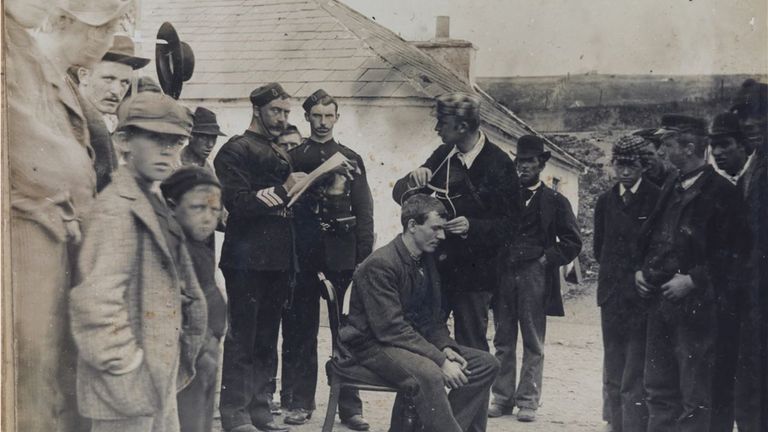
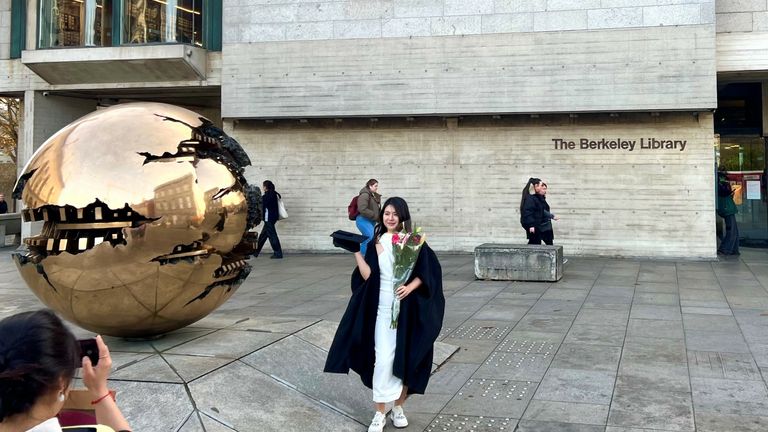



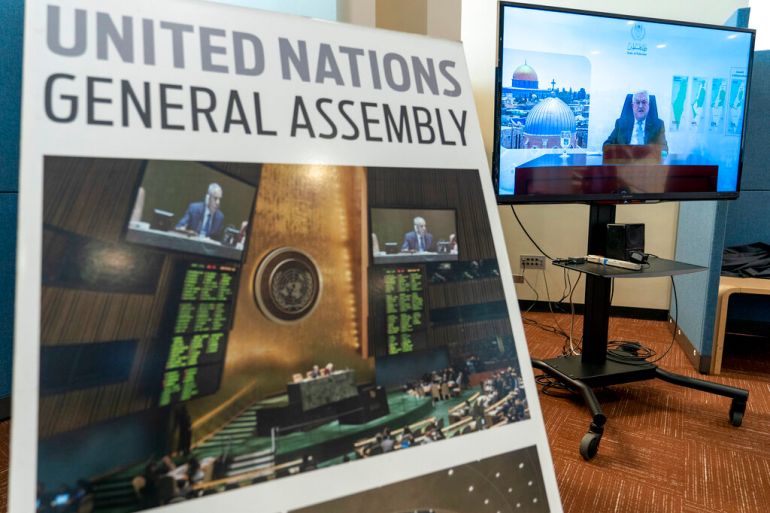
/cloudfront-ap-southeast-2.images.arcpublishing.com/nzme/HO566LU6YJB6RBFTJFMHCQIA4U.JPG)
/cloudfront-ap-southeast-2.images.arcpublishing.com/nzme/XNARVACYVFFK3M6I3EEDEW77J4.JPG)





